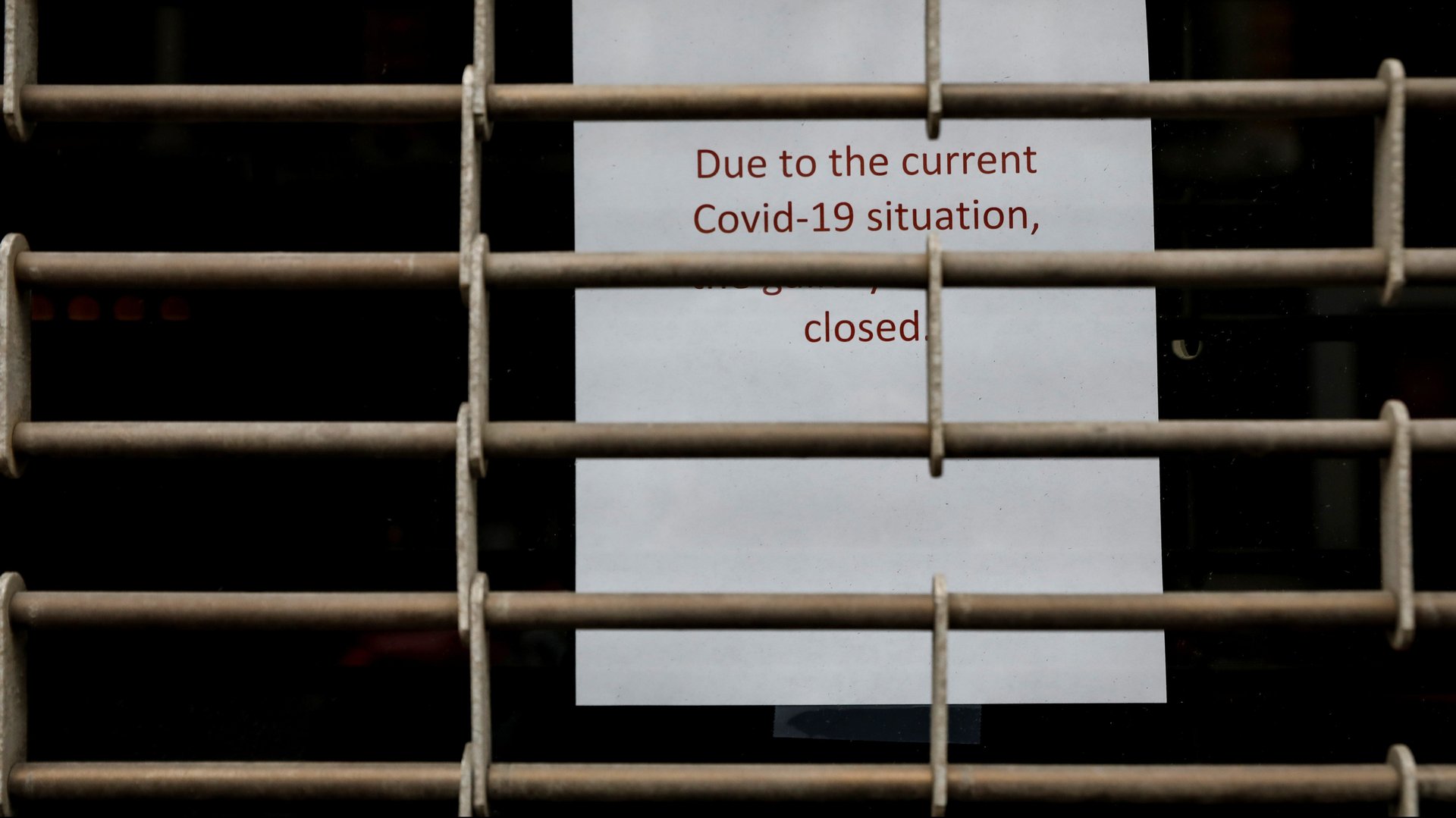Retail is one of the biggest employers in the US and it desperately needs help
Covid-19’s devastating effect on the American retail industry should have US officials on alert.


Covid-19’s devastating effect on the American retail industry should have US officials on alert.
That’s because retail is one of the largest employers in the US. In 2018, it included some 15.9 million workers in its ranks, surpassed only by the booming healthcare industry among private employers, depending how you break up the data. Many of those workers now face uncertain futures, and their job losses could ripple through the US economy.
“As long as people are worried where their next check is going to come from or the future of their income, that is going to put a massive dampening effect on the economy and drive it even further into what may look more like a depression than a recession,” says Doug Stephens, founder of consultancy Retail Prophet and author of the forthcoming book Resurrecting Retail: The Future of Business in a Post-Pandemic World. “It’s incumbent on the administration to begin to meet with some of the largest players in the retail industry and to start talking about things like rent forbearance and backstopping that.”
In April, US retail sales plunged 17.8% compared to last year, according to an advance estimate from the census bureau (pdf) released May 15. The numbers were even worse than expected. “We have never seen economic data like this before in history,” Chris Rupkey, chief financial economist at MUFG Union Bank, told CNBC.
The drop is a result of large numbers of stores closing as part of state social-distancing rules and consumers slashing their discretionary spending. A large share of it should return as states reopen, though how quickly remains to be seen.
Meanwhile, retailers are finding themselves unable to pay their rent and other expenses, such as loan payments. The situation is forcing many companies into bankruptcy and prompting permanent store closures around the country, leaving many retail workers among the 36.5 million Americans who have filed unemployment claims in the past two months.
The US government has offered companies assistance such as funds to help pay employees, but many retailers, perhaps small businesses especially, could need additional help to survive. Stephens suggests the US government take measures such as underwriting leases to sustain these companies and the jobs they provide.
Even with these efforts, retail stands to suffer long-term effects from the pandemic. One analyst at Wells Fargo predicted 5% to 10% of retail demand could be lost permanently as e-commerce is unable to make up for all the vanished store sales.
David Autor, an economist at the Massachusetts Institute of Technology, recently predicted the sector’s contraction will be “vastly accelerated” by the fallout from Covid-19, and as demand falls for the sort of in-person services most affected in the outbreak, the low-wage workers doing these jobs will see their wages decline. Groups such as black and Latino Americans could be hit hardest.
The share of Americans employed in retail was already falling before the pandemic, spurred at least in part by the rise of e-commerce (Quartz member exclusive). Covid-19 is hastening the process, whether the US economy is ready or not.